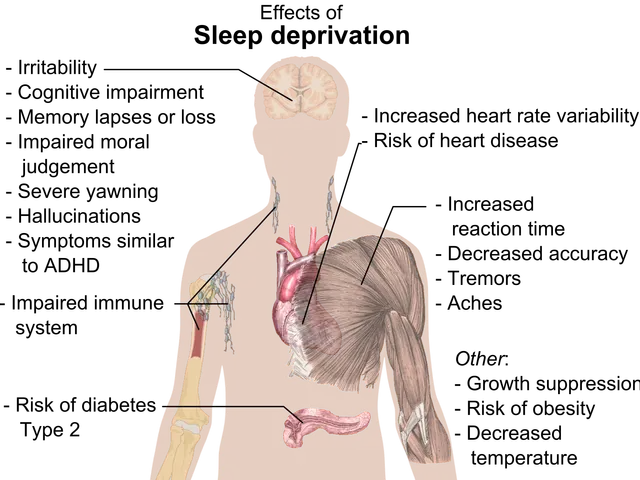Group focusing on depression and excessive use of media
In Leipzig, Germany, a self-help group is available for individuals struggling with media addiction and depression. The group, which can be found at the city's health department, provides contact and information services to help those in need.
The concern over media addiction and its impact on mental health, particularly among children and young people, has been growing in Germany. Excessive use of social media, gaming, and streaming can lead to addiction, with negative effects including depression, anxiety, sleep disorders, attention difficulties, and social isolation.
Research indicates that screen time and digital media use contribute to these mental health issues, with studies showing dose-response relationships between screen time and adverse outcomes such as depression and anxiety. The COVID-19 pandemic and increased social media use are also thought to exacerbate feelings of loneliness and reduce real-life social interactions among youth.
The Leipzig self-help group offers peer support, promotes mental well-being, encourages coping strategies to manage digital media consumption, and provides a community to reduce social isolation. The group often collaborates with mental health professionals to support children and young people experiencing symptoms related to media addiction and depression.
Across Germany, resources like this self-help group are becoming increasingly important. Institutions such as the German Center for Mental Health (DZPG) stress the importance of regulating media consumption to protect children’s mental health, especially during holidays or increased screen time periods. Public health strategies and parental guidance also emphasize setting age-appropriate boundaries around screen use and encouraging healthy lifestyle balances, including outdoor and social activities.
It's important to note that media addiction can cause the loss of control over the start, duration, and intensity of media consumption, often resulting in social isolation, depression, anxiety, and even panic disorders. Neglected are often other activities and contacts outside the media world.
According to a report conducted by DAK-Gesundheit and the University Hospital Hamburg-Eppendorf, approximately 2.2 million children and young people nationwide are at risk or already addicted to media. However, the report does not specify a particular age group or location where this issue is most prevalent.
For those in Leipzig seeking help, the health department serves as the point of contact for the self-help group. The group can be reached via telephone at 0341 123-6755 or by email at [email protected].
In conclusion, the self-help group in Leipzig offers a valuable resource for individuals struggling with media addiction and depression. As the issue of media addiction continues to grow, it's crucial that resources like this self-help group, along with public health frameworks, continue to promote prevention and intervention strategies to mitigate the mental health consequences of excessive media use.
- Recognizing the increasing concern over media addiction and its impact on mental health, specifically in Germany, the self-help group in Leipzig initiates peer support, mental well-being promotion, and encourages coping strategies to manage digital media consumption, focusing on children and young people who experience symptoms related to media addiction and depression.
- In an effort to combat the growing issue of media addiction and its mental health effects, such as depression and anxiety, among children and young people in Germany, institutions like the German Center for Mental Health advocate for age-appropriate media consumption limits and balanced lifestyles that include outdoor and social activities, following the example set by the self-help group in Leipzig.





